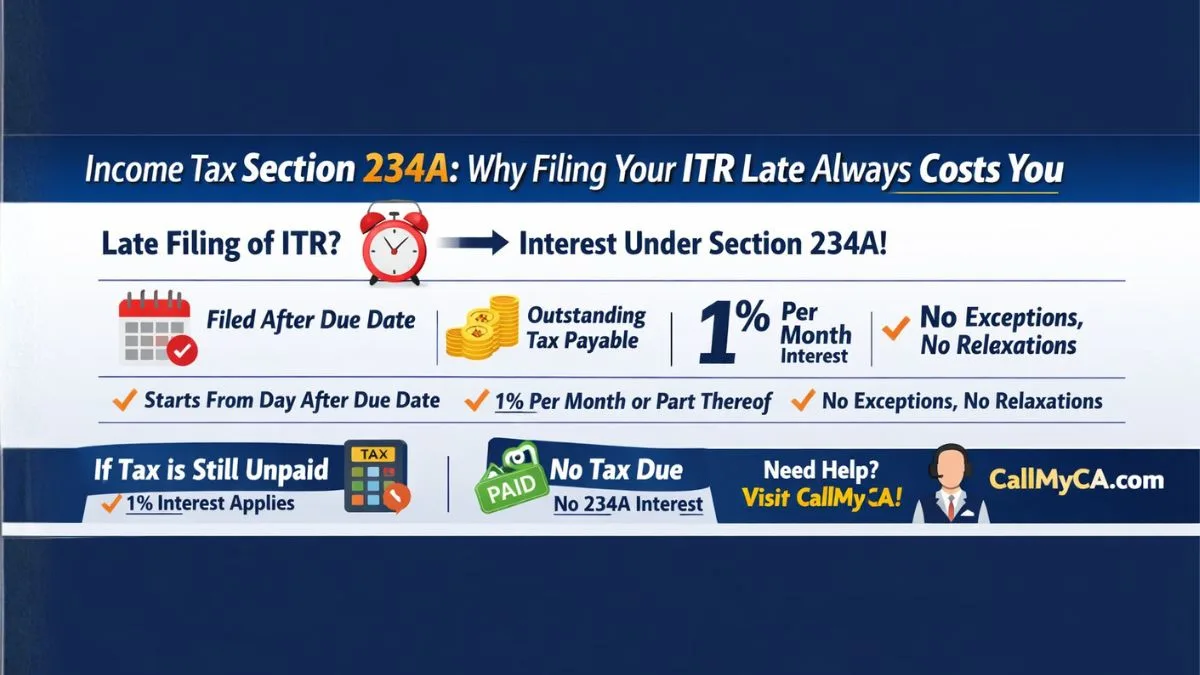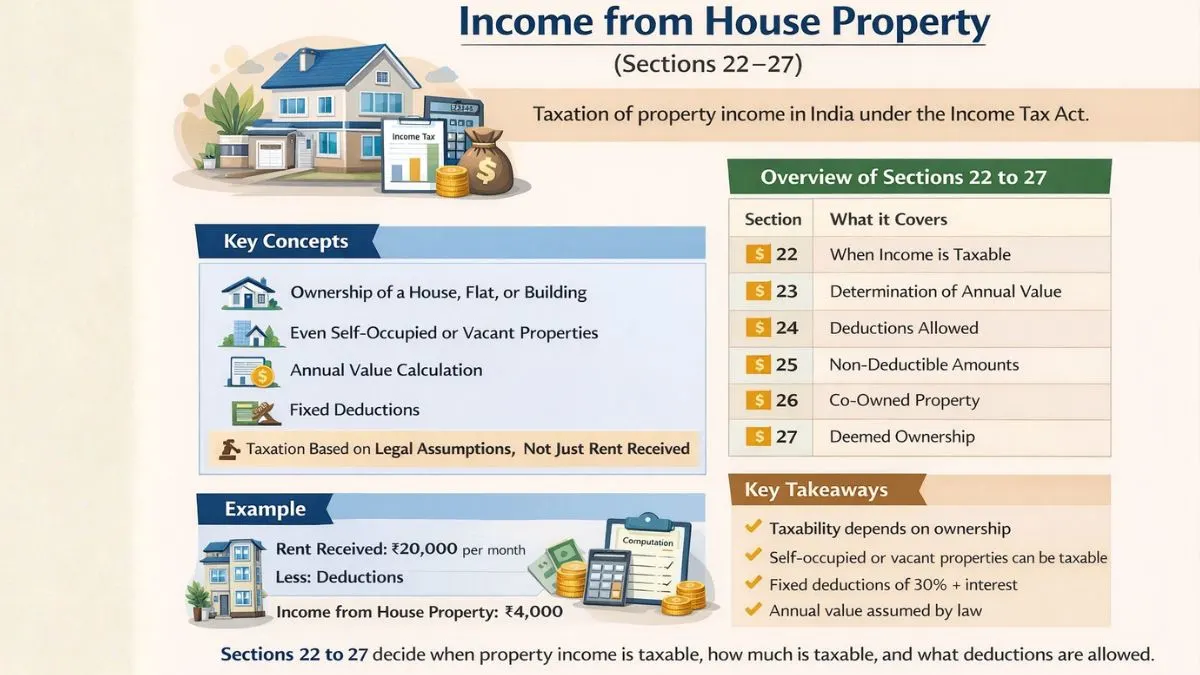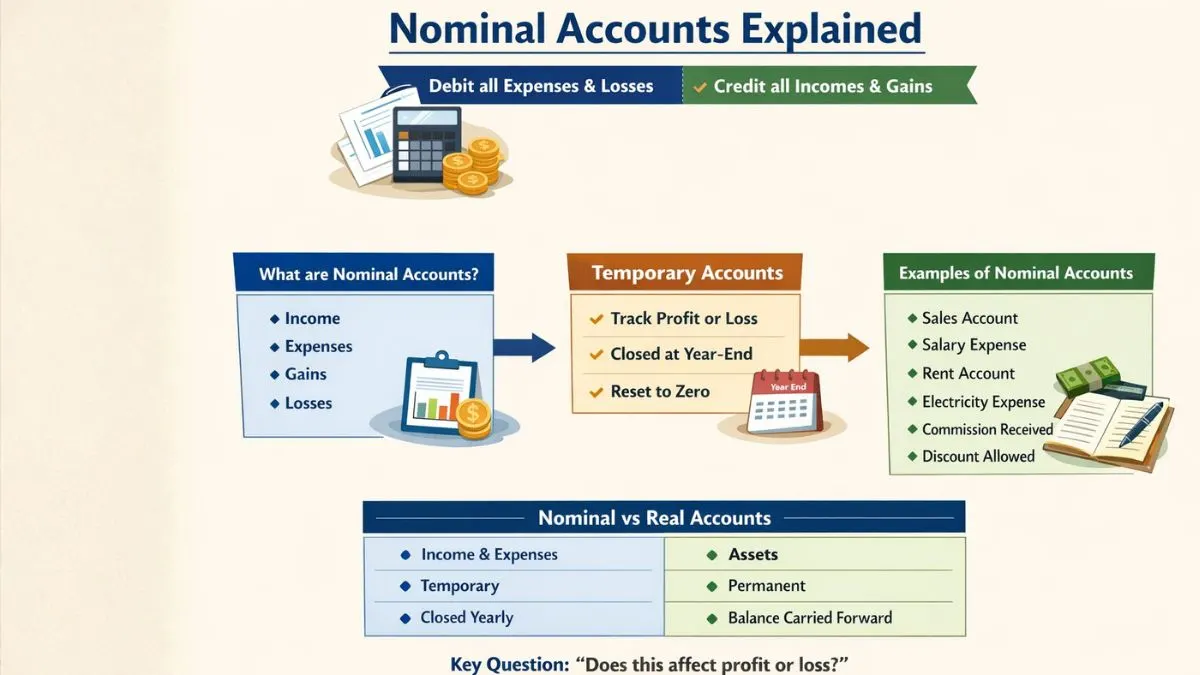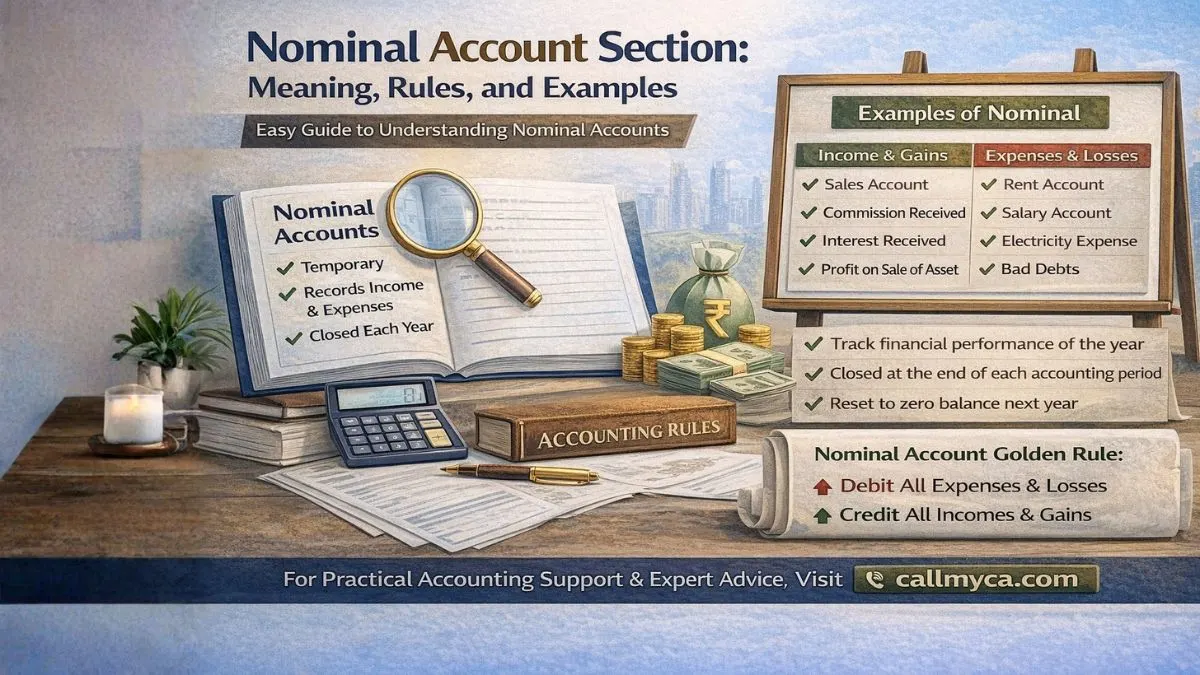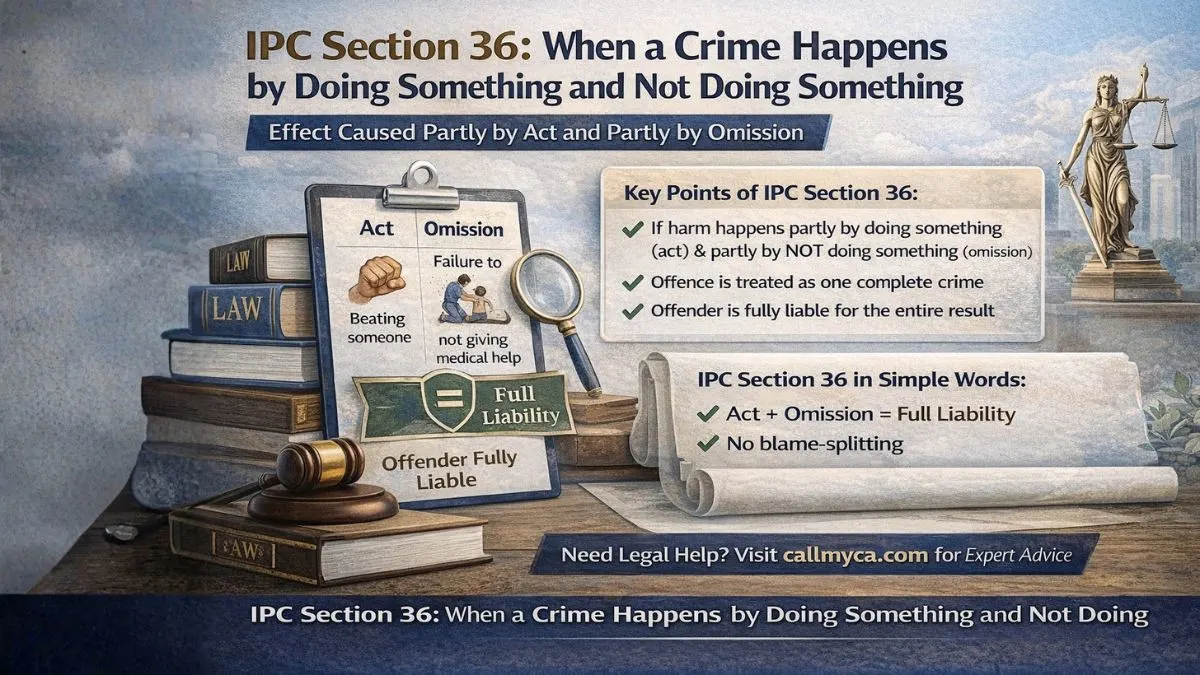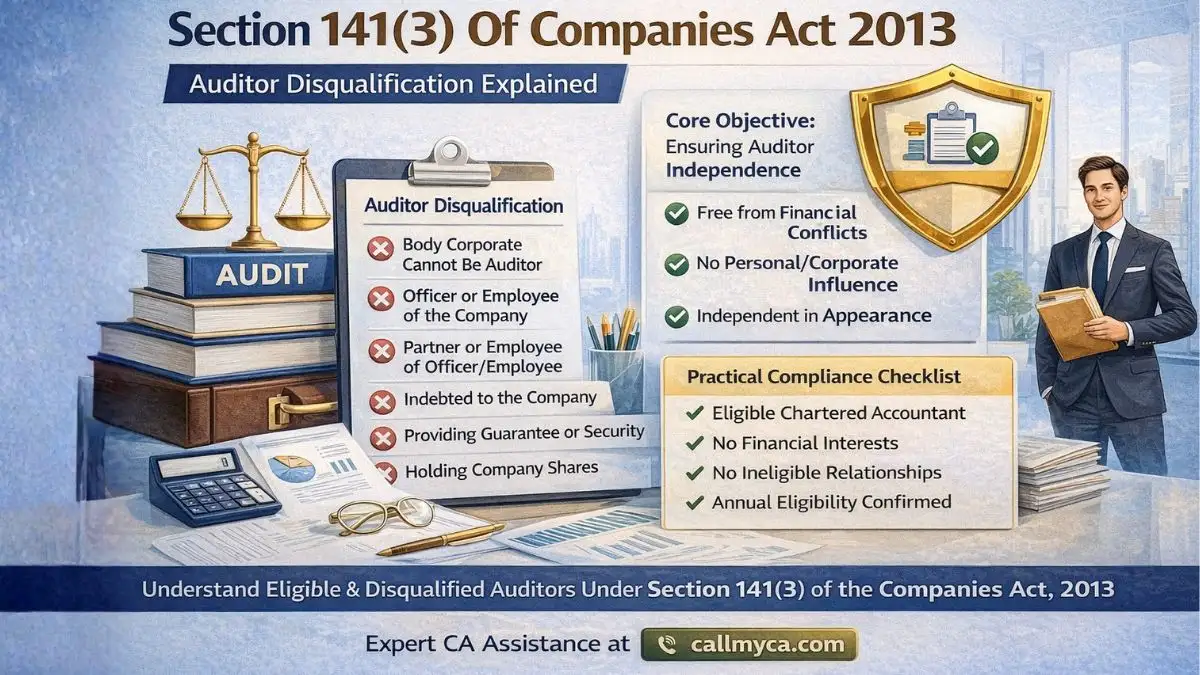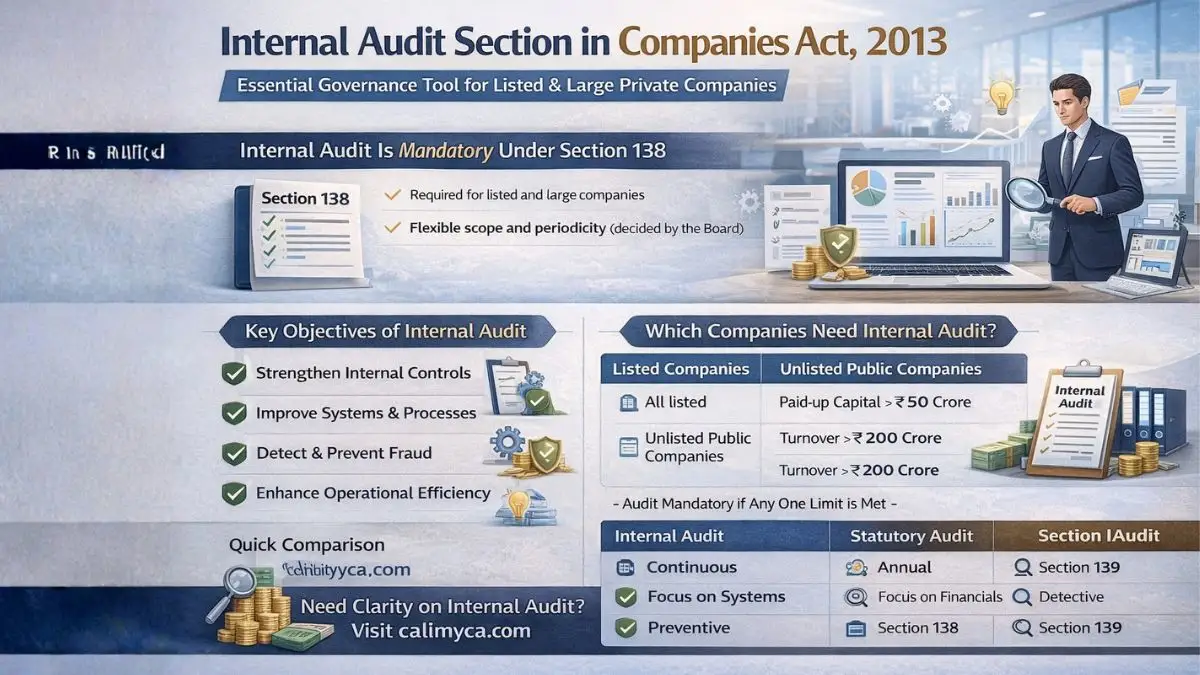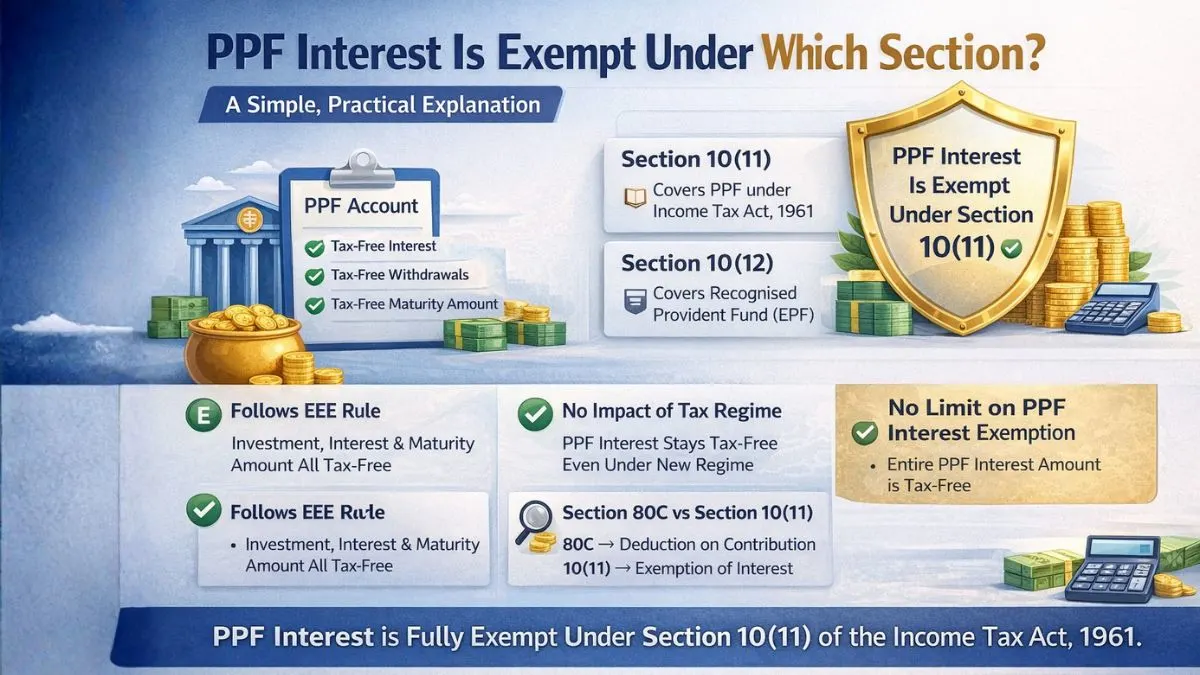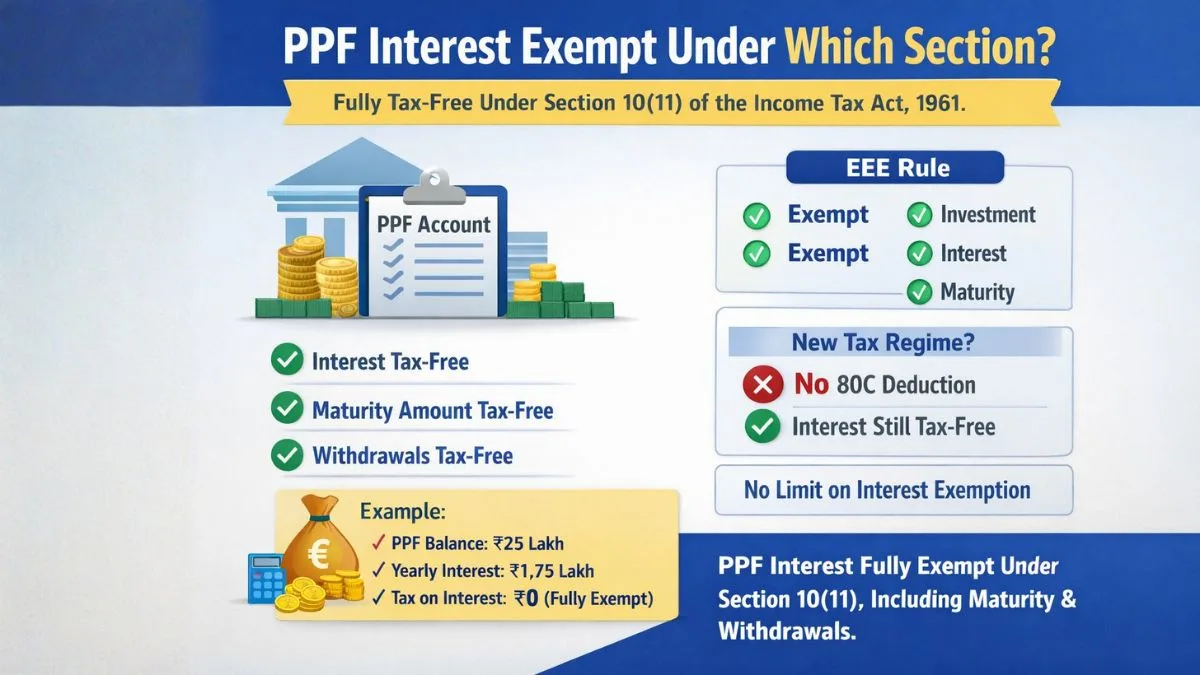
Introduction
When you earn profit by selling long-term investments such as equity shares or equity mutual funds, you are required to pay tax on those gains, even if they were untaxed earlier.
Section 112A, introduced by the Finance Act 2018, governs the taxation of long-term capital gains (LTCG) arising from equity-related instruments. It imposes a 10 percent tax on such gains, provided they exceed Rs. 1 lakh in a financial year.
This blog explains how Section 112A works, what assets it covers, and how to ensure tax compliance.
What Is Section 112A of the Income Tax Act?
- Applies a 10 percent tax on LTCG from the sale of listed equity instruments
- Applicable when:
- The holding period exceeds 12 months
- The gains exceed Rs. 1 lakh in a financial year
- Applicable to residents and non-residents, including NRIs
- Effective from 1st April 2018
Assets Covered Under Section 112A
Applies to:
- Listed equity shares, where Securities Transaction Tax (STT) is paid both at the time of purchase and sale
- Equity-oriented mutual funds, where STT is paid at the time of sale
- Units of business trusts, where STT is applicable
Does not apply to:
- Unlisted equity shares
- Debt mutual funds (taxed under Section 112 or 115AD)
- Shares where STT is not paid
Tax Rate and Threshold
- LTCG exceeding Rs. 1,00,000 in a financial year is taxed at 10 percent
- The first Rs. 1 lakh of gains is exempt
- No indexation benefit is available
- No Chapter VI-A deductions (like 80C or 80D) can be claimed against such LTCG
- LTCG must be calculated on actual gains, without inflation adjustments or deductions
Example to Understand Section 112A
Scenario:
- Purchase of equity shares in March 2021 for Rs. 3,00,000
- Sold in May 2024 for Rs. 4,80,000
- LTCG = Rs. 1,80,000
Computation:
- Exempt LTCG = Rs. 1,00,000
- Taxable LTCG = Rs. 80,000
- Tax Payable = Rs. 8,000 (10 percent of Rs. 80,000)
If total LTCG from all such sources is below Rs. 1 lakh, no tax is payable under Section 112A.
What Is Grandfathering in Section 112A?
To ensure gains made before 1 February 2018 are not taxed unfairly, the grandfathering clause was introduced. For assets acquired before this date:
Cost of acquisition is taken as:
- The higher of:
- Actual purchase price
- Fair Market Value (FMV) as on 31 January 2018 (based on stock exchange or NAV)
This provision protects earlier gains from being taxed retrospectively.
ITR Filing Requirements
To correctly report gains under Section 112A:
- Use ITR-2 or ITR-3 (not ITR-1 if LTCG exceeds Rs. 1 lakh)
- Fill Schedule 112A with detailed transaction data, including:
- Date of acquisition
- FMV as on 31 January 2018
- Date of sale
- Sale value
- STT proof
Frequently Asked Questions
Can I claim Rs. 1 lakh exemption every year?
Yes, the exemption of Rs. 1 lakh is available annually, so plan redemptions accordingly to reduce tax.
Is indexation allowed under Section 112A?
No, indexation is not allowed. LTCG must be calculated based on actual cost or FMV as on 31 January 2018.
Are NRIs eligible for Section 112A benefits?
Yes, NRIs can also claim the Rs. 1 lakh exemption, provided STT is paid and the assets are listed in India.
Can I set off losses against LTCG taxed under Section 112A?
Yes. Long-term capital losses (LTCL) can be set off against LTCG, including those taxed under Section 112A.
Unabsorbed losses can be carried forward for 8 years.
Common Errors to Avoid
- Filing ITR-1 even when LTCG exceeds Rs. 1 lakh (not allowed)
- Ignoring grandfathering clause during computation
- Failing to report ISIN or mutual fund scheme name in Schedule 112A
- Attempting to claim Chapter VI-A deductions (not allowed against 112A LTCG)
Final Thoughts from a Chartered Accountant
Section 112A brings clarity and predictability to equity taxation. But to avail its benefits, you must ensure:
- Timely and accurate reporting in Schedule 112A
- Maintaining records such as contract notes, STT proof, and investment statements
- Planning exits strategically to keep gains within the Rs. 1 lakh exemption limit
Many tax notices arise from errors or omissions in reporting, not due to tax evasion. So ensure compliance at every step.
Need Help Calculating or Reporting Section 112A Gains?
At CallmyCA, we assist with:
- Calculating LTCG with grandfathering adjustments
- Planning redemptions to minimize tax liability
- Filing ITR with accurate and complete Schedule 112A
- Preventing AIS and TIS mismatches that lead to notices
Click here to book your capital gains tax consultation via CallmyCA

